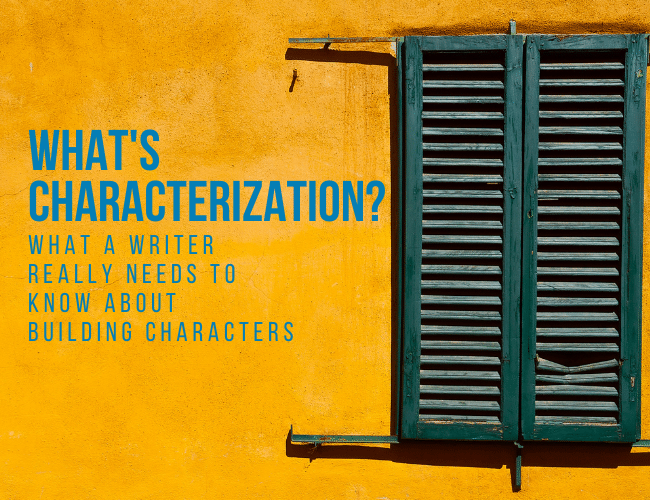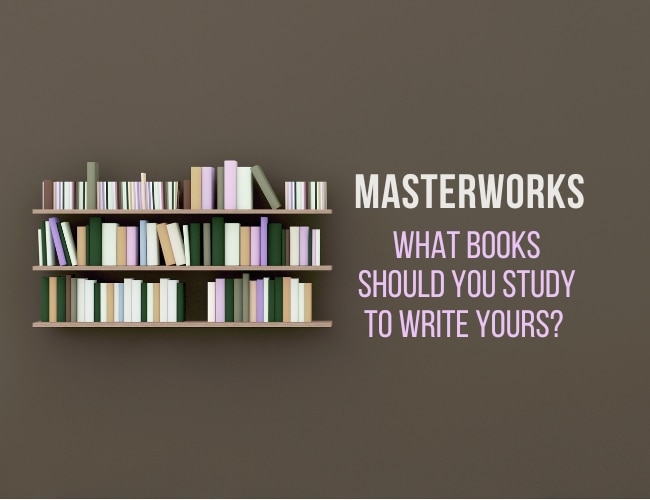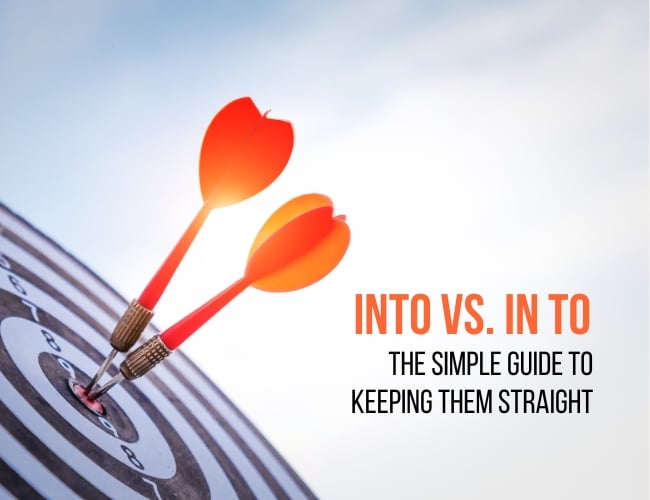
by Joe Bunting and Abigail Perry |
How do you create memorable characters? What’s characterization, and how does a writer turn a name on a page into a person so vivid and compelling that you imagine they’re real?
In this article, you’ll learn what characterization is, when it matters, and how to apply it to your characters and stories. You’ll also see some examples of characterization, and explanations of when not to prioritize characterization over other story elements.

by Joe Bunting |
If you want to write a book, you need to study masterwork examples like your book. But what is a masterwork and how do you find the books to study to write yours?

by Joe Bunting |
Whether you’re writing a book or a blog post, it’s tempting to just dive into your writing project. However, you will likely save yourself time and create a better end product if you settle on a solid premise before you start writing.

by Joe Bunting |
You want to write, but when you sit down to get started, you realize you don’t have a novel idea. Or perhaps you have so many ideas, you’re having a hard time choosing the best novel idea. Or maybe, you already have an idea, but you just aren’t sure if it’s any good.
That’s what we’re here for. In this article are ten questions to help you get started finding your best novel idea. Use them as writing prompts or as a way to make your current idea better.

by Joe Bunting |
Stuck on the distinction between “in to” and “into”? You’re not alone! Don’t worry, though, I’ve got you covered. Here’s the quick version:
Use “into” to describe where something is: going inside something else.
Use “in to” based on the verb that comes before it. It can have many meanings, but here’s a quick tip that covers some of them: if you can replace it with “in order to,” use “in to.”
Read on for the longer explanation, plus examples of into vs. in to.







